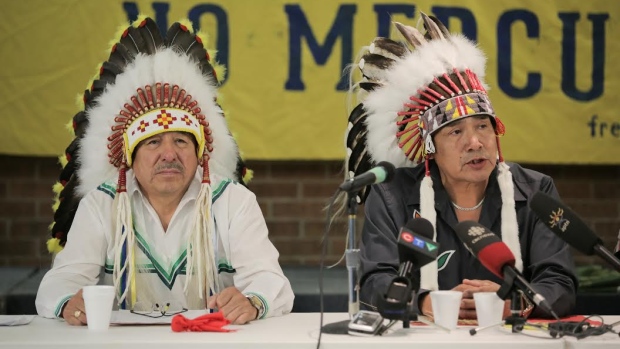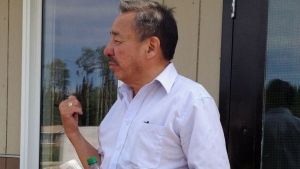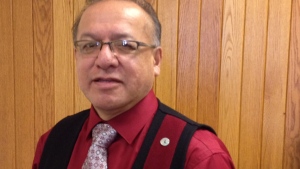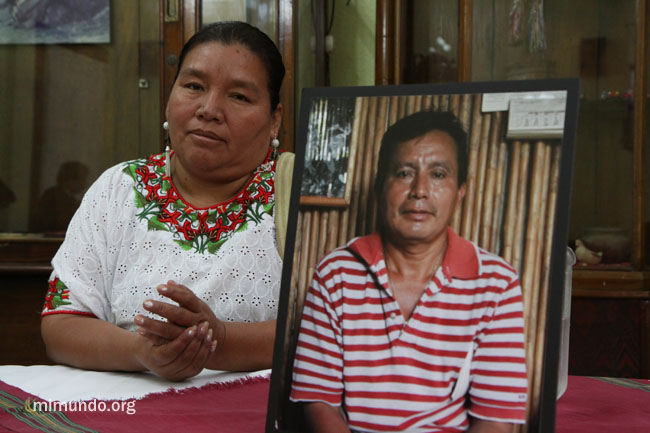“The Yakama Nation will not rest until the entire regional threat posed by the coal industry to our ancestral lands and waters is eradicated.” ~Yakama Nation Chairman JoDe Goudy.
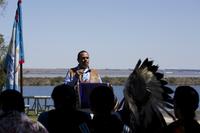
By: Michael O’Leary
Governor Kitzhaber’s Department of State Lands has issued a landmark denial of Oregon’s only proposed coal export terminal, keeping millions of tons of coal right where it belongs – buried in the ground.
Back in May the Yakama Nation protested that the coal terminal proposed for their traditional treaty recognized fishing grounds up on the Columbia Rover, near modern day Boardman, was an attack on the water, the salmon, their way of life, and a contradiction to the idea of living in balance with our surroundings.
The Australian coal mining company in question, Ambre Energy, denied the tribal claims in comments to the media and in filings to state regulators.
In their findings released on August 18th the Department of State Lands had the final word on the matter:
“The agency record demonstrates that the project would unreasonably interfere with a small but important and and long-standing fishery in the State’s waters at the project site.”
In response to this news Yakama Chairman JoDe Goudy made the following statement:
“This is only the beginning of what I expect will be a long fight. Yakama Nation will not rest until the entire regional threat posed by the coal industry to our ancestral lands and waters is eradicated. We will continue to speak out and fight on behalf of our people, and for those things, which cannot speak for themselves, that have been entrusted to us for cultivation and preservation since time immemorial. Today, however, we thank and stand in solidarity with the State of Oregon, and celebrate its decision to protect the Columbia River from further damage and degradation.”
So what’s next?
The Columbia River could still be impacted by two remaining coal export terminals.
Up in Bellingham, Washington the proposed coal terminal will rumble 9 loaded coal trains down the Columbia River Gorge every day. Up there the fight against has also been taken on by local tribal leaders.
Lummi Nation Chairman, Timothy Ballew II, had this to say about today’s good news from Oregon:
“The State’s action makes a strong policy statement by recognizing Tribal Sovereignty and the Treaty Rights of the Columbia River tribes. Such decisions are few and far between. This is important not just for the Yakama and Umatilla but all Indian fishing tribes. Together we can, and will, protect our way of life.”
And we’ve still got a coal proposal on the Columbia River, just over in Longview, Washington, that will barrel 8 loaded and uncovered coal trains a day through Portland. That one may be the most likely threat left on the radar. Just this week the Longview coal terminal supporters just threw a summer picnic for 300 of their closest supporters – for a terminal that hasn’t even seen a draft EIS yet.
According to the spokesperson for the coal company, Millenium Terminals, “We wanted to find way to say thank you to folks in the community.”
I guess it must be all about who you include in your definition of community.


